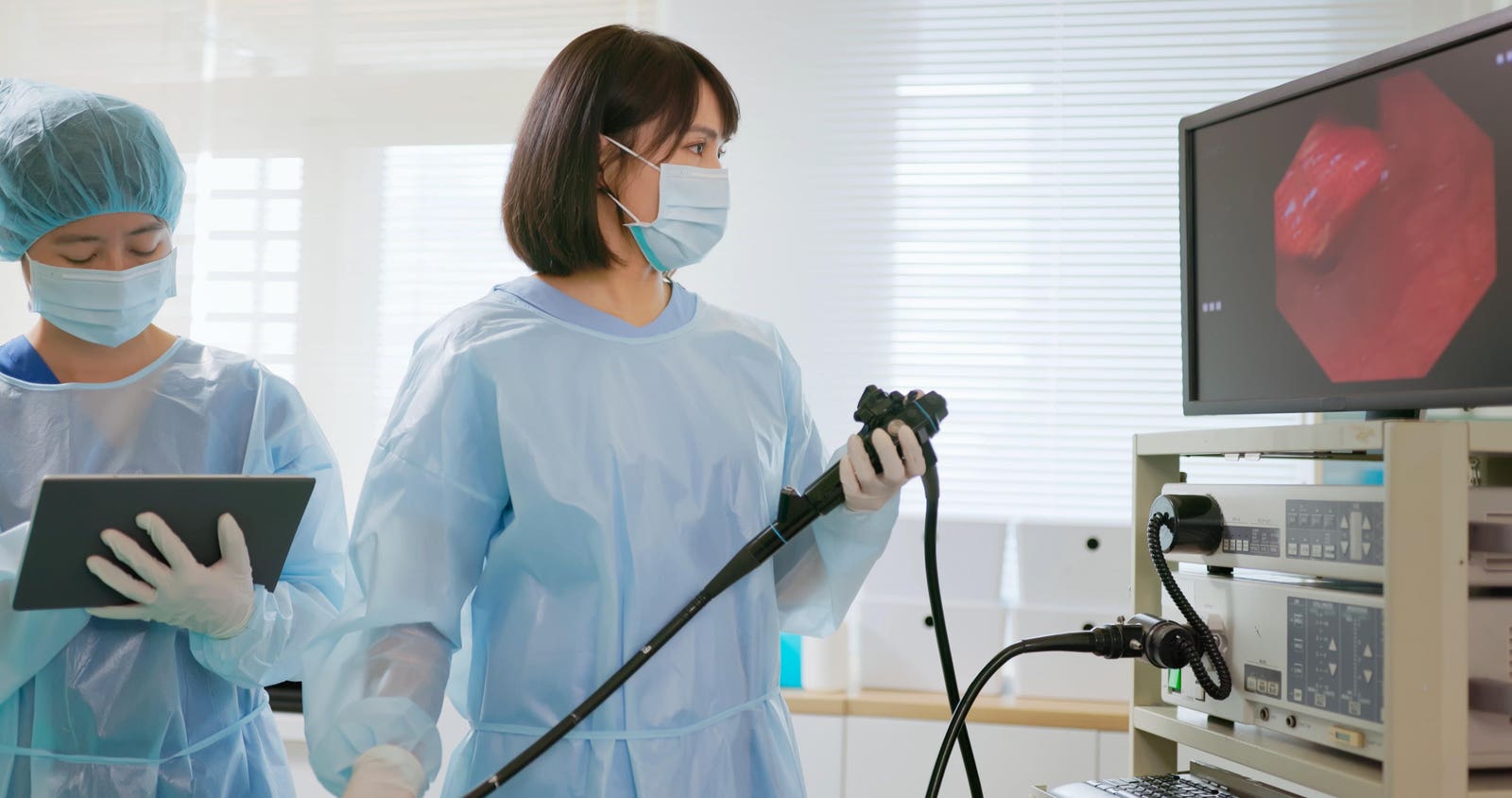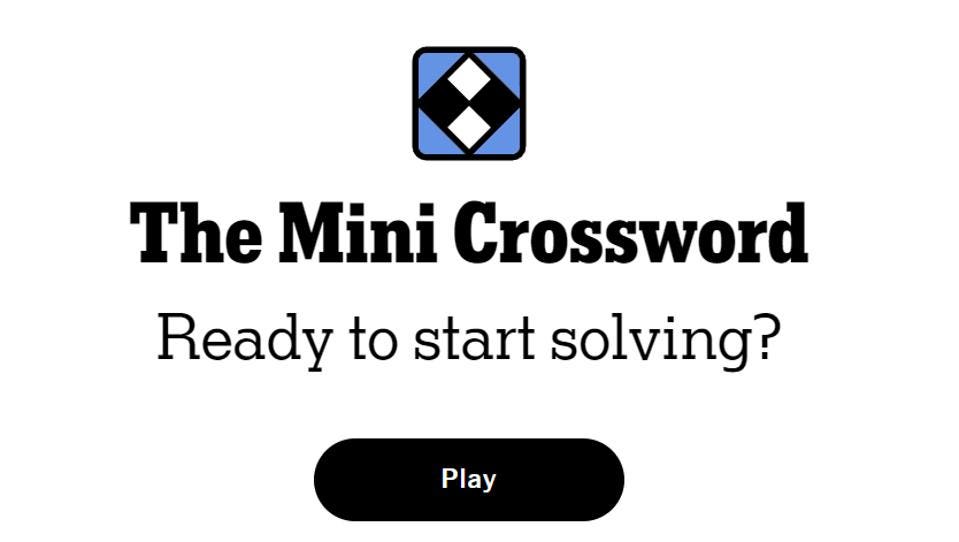Artificial intelligence shows great promise in helping physicians improve both their diagnostic accuracy of important patient conditions. In the realm of gastroenterology, AI has been shown to help human physicians better detect small polyps (adenomas) during colonoscopy. Although adenomas are not yet cancerous, they are at risk for turning into cancer. Thus, early detection and removal of adenomas during routine colonoscopy can reduce patient risk of developing future colon cancers.
But as physicians become more accustomed to AI assistance, what happens when they no longer have access to AI support? A recent European study has shown that physicians’ skills in detecting adenomas can deteriorate significantly after they become reliant on AI.
The European researchers tracked the results of over 1400 colonoscopies performed in four different medical centers. They measured the adenoma detection rate (ADR) for physicians working normally without AI vs. those who used AI to help them detect adenomas during the procedure. In addition, they also tracked the ADR of the physicians who had used AI regularly for three months, then resumed performing colonoscopies without AI assistance.
The researchers found that the ADR before AI assistance was 28% and with AI assistance was 28.4%. (This was a slight increase, but not statistically significant.) However, when physicians accustomed to AI assistance ceased using AI, their ADR fell significantly to 22.4%. Assuming the patients in the various study groups were medically similar, that suggests that physicians accustomed to AI support might miss over a fifth of adenomas without computer assistance!
This is the first published example of so-called medical “deskilling” caused by routine use of AI. The study authors summarized their findings as follows: “We assume that continuous exposure to decision support systems such as AI might lead to the natural human tendency to over-rely on their recommendations, leading to clinicians becoming less motivated, less focused, and less responsible when making cognitive decisions without AI assistance.”
Consider the following non-medical analogy: Suppose self-driving car technology advanced to the point that cars could safely decide when to accelerate, brake, turn, change lanes, and avoid sudden unexpected obstacles. If you relied on self-driving technology for several months, then suddenly had to drive without AI assistance, would you lose some of your driving skills?
Although this particular study took place in the field of gastroenterology, I would not be surprised if we eventually learn of similar AI-related deskilling in other branches of medicine, such as radiology. At present, radiologists do not routinely use AI while reading mammograms to detect early breast cancers. But when AI becomes approved for routine use, I can imagine that human radiologists could succumb to a similar performance loss if they were suddenly required to work without AI support.
I anticipate more studies will be performed to investigate the issue of deskilling across multiple medical specialties. Physicians, policymakers, and the general public will want to ask the following questions:
1) As AI becomes more routinely adopted, how are we tracking patient outcomes (and physician error rates) before AI, after routine AI use, and whenever AI is discontinued?
2) How long does the deskilling effect last? What methods can help physicians minimize deskilling, and/or recover lost skills most quickly?
3) Can AI be implemented in medical practice in a way that augments physician capabilities without deskilling?
Deskilling is not always bad. My 6th grade schoolteacher kept telling us that we needed to learn long division because we wouldn’t always have a calculator with us. But because of the ubiquity of smartphones and spreadsheets, I haven’t done long division with pencil and paper in decades!
I do not see AI completely replacing human physicians, at least not for several years. Thus, it will be incumbent on the technology and medical communities to discover and develop best practices that optimize patient outcomes without endangering patients through deskilling. This will be one of the many interesting and important challenges facing physicians in the era of AI.








